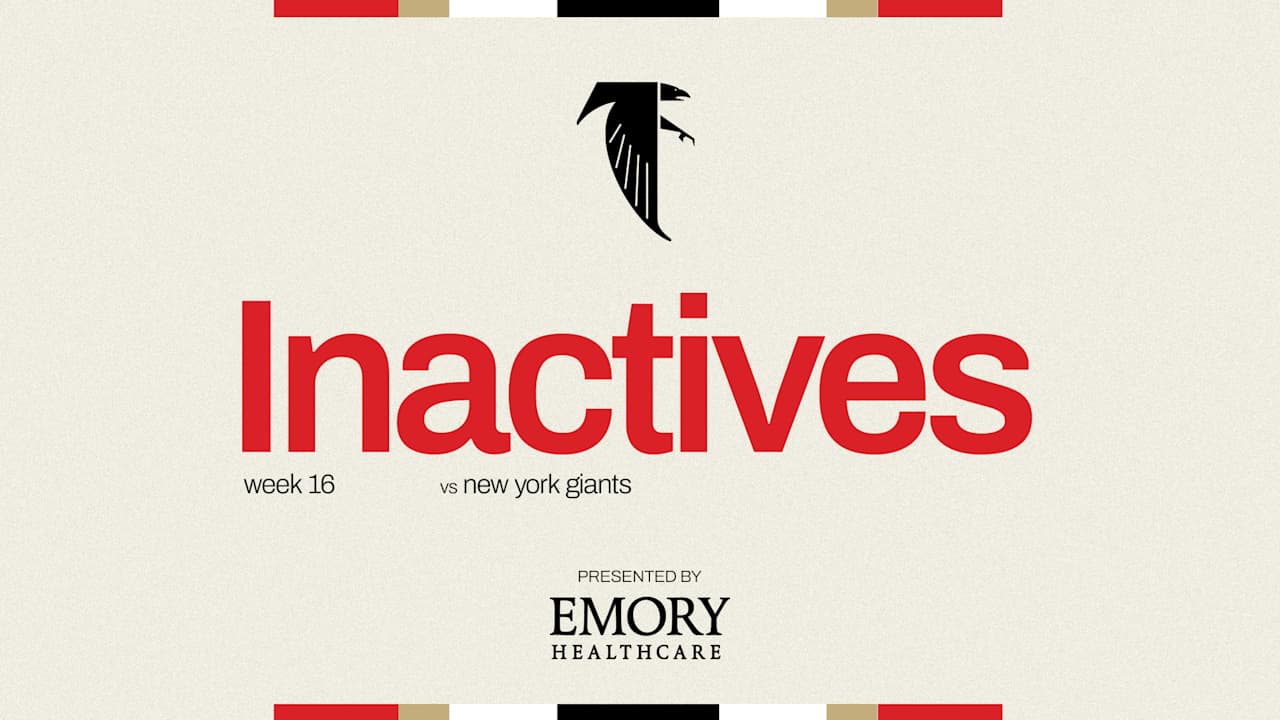World
Shark attack capital of the world named — and it’s in this US state

Florida is the shark bite capital of the world, according to a report from the state’s Museum of Natural History and Florida University — with the area around Daytona Beach having the highest concentration of attacks anywhere.
The International Shark Attack File identified Volusia County as the world’s hotspot for sharks preying on humans with 351 unprovoked attacks identified since recordkeeping began. The earliest records county officials could find date back to 1837.
Florida, which has the longest coastline in the contiguous United States, has seen a whopping 928 attacks in that time frame, followed by Hawaii with 195, California with 138 and South Carolina with 118.
New York has had only reported 24 unprovoked shark attacks in that time.
The shark file contains data for 1,640 total attacks in the US going back almost 200 years, which leads the table in terms of the country that has suffered the most attacks.
The US is followed by Australia with 706, then South Africa with 262 attacks, from all types of sharks combined.
In 2023, the shark file documented 69 unprovoked shark bites on humans worldwide.
Of those attacks, 36, or 52%, happened in US waters.
Florida had 16 cases, representing 44% of the US total, and 23% of unprovoked bites worldwide — and half of those were in Volusia County.
Most of the attacks happened during the summer between Memorial Day and Labor Day, when more people are in the water.
On Labor Day 2023, two swimmers were bitten by sharks in separate incidents near Ponce Inlet, just south of Daytona Beach.
A man was bitten on his left hand, while a different shark bit a woman’s right foot. Neither attack was life-threatening.
Lifeguards in Volusia County say they see sharks all the time but attacks are very rare.
“Locals that live here interact with sharks on a daily basis and never have any issues,” Volusia Beach safety deputy chief Tammy Malphurs told WKMG-TV. “The bites here are a case of mistaken identity.”
“We’ve never had any life-threatening injuries,” Malphurs continued, “but we do have a lot of bites, mainly in the New Smyrna Beach area.”
Last year’s shark attacks include the attack on Tatyana Koltunuk, of Queens, who was swimming last summer at Rockaway Beach when a shark took a chunk out of her thigh — the first attack there in 70 years.
In addition to the 69 unprovoked attacks, there were another 22 bites that are classified as provoked, meaning humans initiated the contact with the shark.
Other cases involved boats, aquariums, or post-mortem bites.
According to the National Ocean Service, sharks’ scary reputation isn’t based in reality.
Out of 300 species of sharks, only a dozen have ever attacked humans and they generally don’t like our taste, preferring to feast on other marine mammals.
If you’re attacked by a shark, experts urge you to defend yourself as playing dead won’t work.
People are encouraged to fight back, concentrating on attacking the eyes, nose and gills of the shark.
Experts recommend if you have anything at your disposal such as a surfboard or fishing equipment, utilize it to immobilize the shark.
But most of all, don’t overthink the danger.
“Sharks have only been known to attack humans when they are confused or curious,” the National Ocean Service says. “If a shark sees a human splashing in the water, it may try to investigate, leading to an accidental attack.”




![[!LIVE-FOOTBALL@!]+ Commanders vs Eagles Live Stream ! Atlanta Falcons vs New York Giants LIVE , player stats, standings, fantasy games TV channels and more HS8079 [!LIVE-FOOTBALL@!]+ Commanders vs Eagles Live Stream ! Atlanta Falcons vs New York Giants LIVE , player stats, standings, fantasy games TV channels and more HS8079](https://www.reddotdigitalit.com/wp-content/uploads/2021/05/Streaming-Platform.jpeg)





